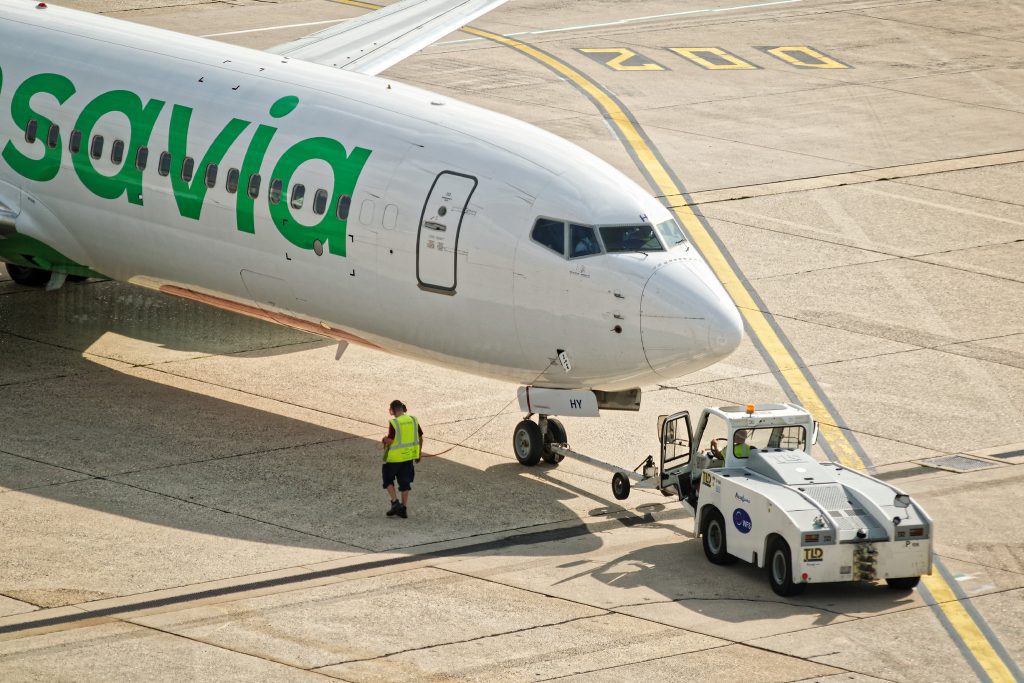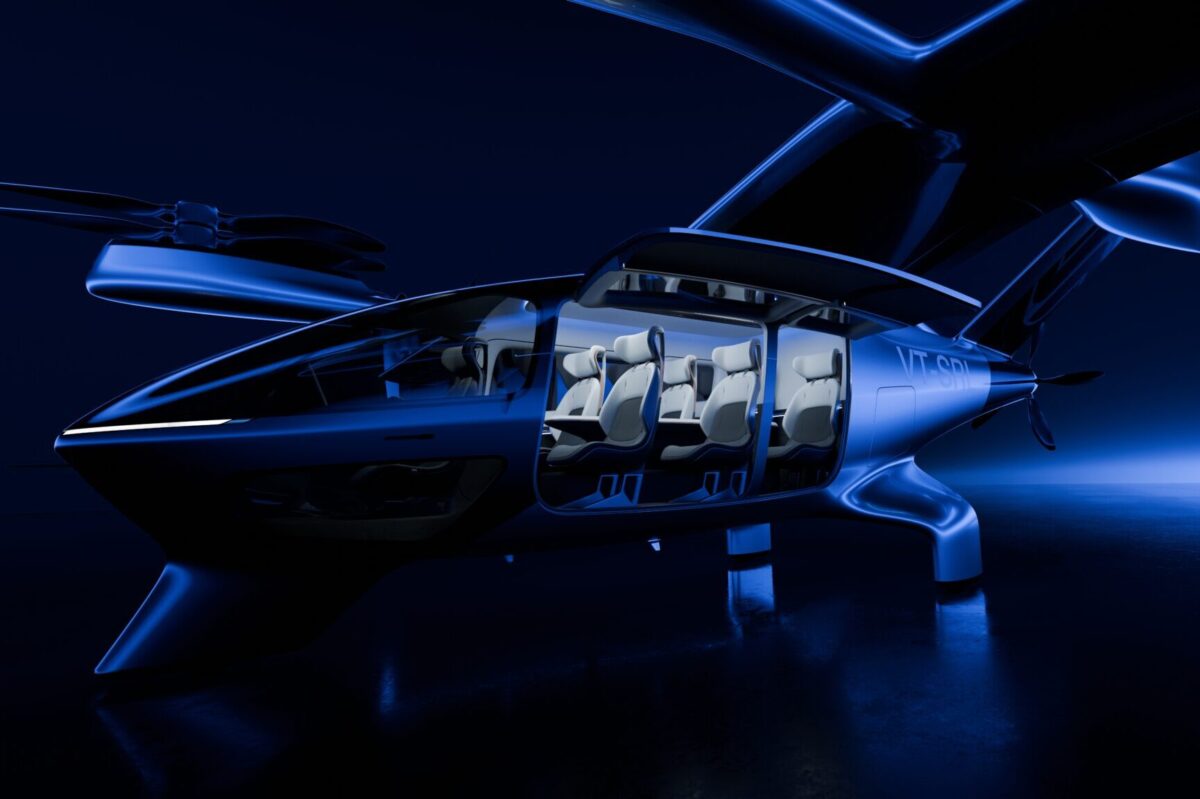How Air France Plans to Take Advantage of Smaller Rival's Demise

Skift Take
Thomas Cook might have been the most eye-catching recent airline collapse but it wasn’t alone.
A host of small European carriers exited the market in the second half of 2019, including two in France: Aigle Azur and XL Airways.
The collapse of the former is likely to help Air France-KLM's French business more, thanks to its footprint at Orly, Paris's second largest airport.
A bigger prize might be the traffic rights between France and Algeria, a key route market given the colonial history.
"This is a market which is still regulated with traffic rights negotiated between France and Algeria," said Frederic Gagey, chief financial officer at Air France-KLM, on an earnings call on Thursday.
He added that Transavia France would be "extremely interested" in getting hold of the traffic rights.
Analysts at broker Bernstein said they would not be surprised to see capacity at Transavia get a boost in 2020 "given the bankruptcy of Aigle Azur and the opportunity to acquire slots at Paris Orly and traffic rights into Algeria".
The airline group's third quarter update highlighted the tougher operating environment for European airlines and the company will shed more light on how it plans to cope in its upcoming capital markets day.
Third-Quarter Results
Operating profit fell 15 percent in the third quarter to $1 billion (€900 million) with revenue up 2 percent to $8.6 billion (€7.7 billion).
In July, Air France-KLM revealed plans to retire its fleet of Airbus A380s by 2022 and this gradual phasing out cost it $112 million (€100 million).




